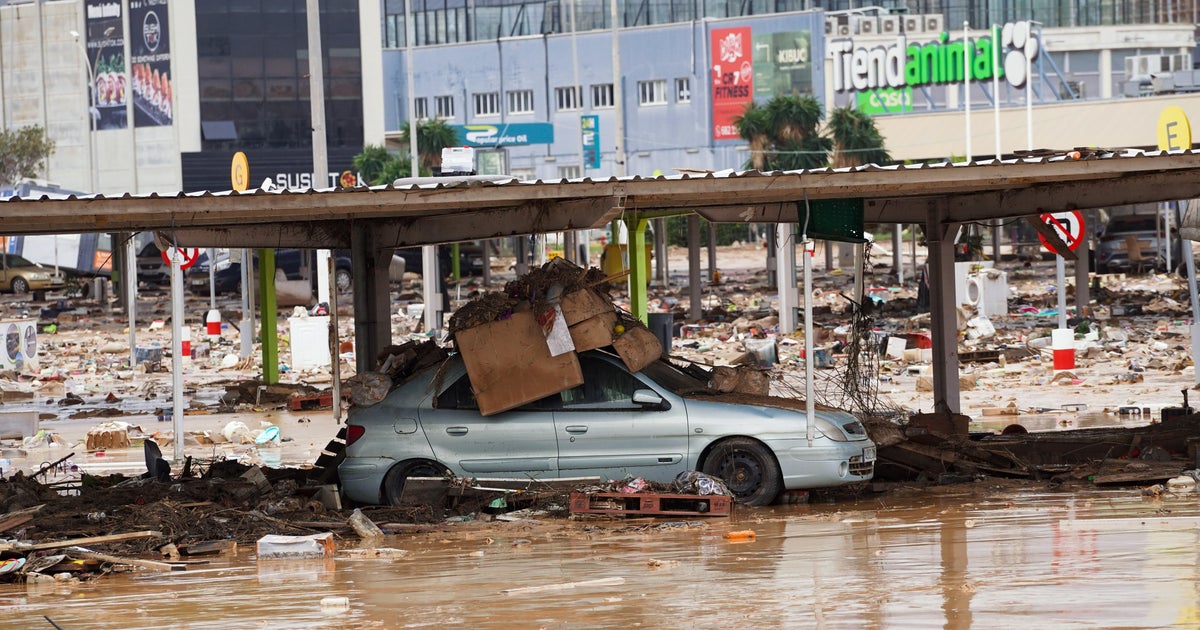More than a third of all trees species at risk of extinction, global assessment finds
More than a third of all tree species worldwide face extinction, threatening ecosystems, plants, animals and economies around the world, experts warned Monday.
In all, 38% of trees are at risk, according to the International Union for the Conservation of Nature global assessment. They face threats from climate change, deforestation, invasive species, pests and disease in almost every single country in the world.
Trees account for more than a quarter of the species on the International Union for the Conservation of Nature's Red List. The number of threatened trees is more than double the number of threatened birds, mammals, reptiles and amphibians.
The loss of trees is a threat to thousands of plants, fungi and animals, according to the organization. Trees are considered a "defining component of many ecosystems" through their role in carbon, water and nutrient cycles, soil formation and climate regulation. According to the U.S. Department of Agriculture Forest Service, 100 trees can remove 54 tons of carbon monoxide and 430 pounds of other air pollutants a year.
"Trees directly underpin the survival of so many species – including many found on the IUCN Red List. Thriving, naturally diverse forests are essential in mitigating both climate change and biodiversity loss, and as such solutions for one crisis often have mutually reinforcing benefits for the other," said Dr. Dave Hole, vice president for global solutions at Conservation International's Moore Center for Science. "This makes the growing number of threatened tree species included on the Red List all the more troubling. Without biodiverse ecosystems that include healthy and diverse tree populations the world will face an even greater climate threat than the one we are already facing."
People are also economically dependent on trees. According to IUCN, more than 5,000 of the tree species on the Red List are used for timber in construction. Over 2,000 species are used for medicines, food and fuels.
In 2021, world leaders representing more than 85% of the world's forests pledged to end deforestation by 2030. Yet last year, 6.37 million hectares (15.7 million acres) of forest were permanently lost around the world, according to The Forest Declaration Assessment 2024.
"We are now one-third of the way through this decade, and collectively, we have barely made a dent in curbing deforestation," according to the Forest Declaration Assessment.
A 2022 assessment of tree species native to the contiguous U.S. found 11-16% of species are threatened with extinction. The greatest threats are invasive pests and diseases.
More than 1,000 tree experts were involved in the International Union for the Conservation of Nature global assessment, which was largely funded by nonprofit Fondation Franklinia. Foundation Director General Jean-Christophe Vié urged the world to act based on the tree assessment.
"Trees are seen as an easy fix to climate change and trees are planted everywhere; but the way reforestation is done needs to be greatly improved, diversifying species and including threatened ones in tree-planting schemes," Vié said. "Governments and their forestry departments, companies and all those planting trees could easily do this and get positive impact quickly, tackling both the climate change and biodiversity crises."



